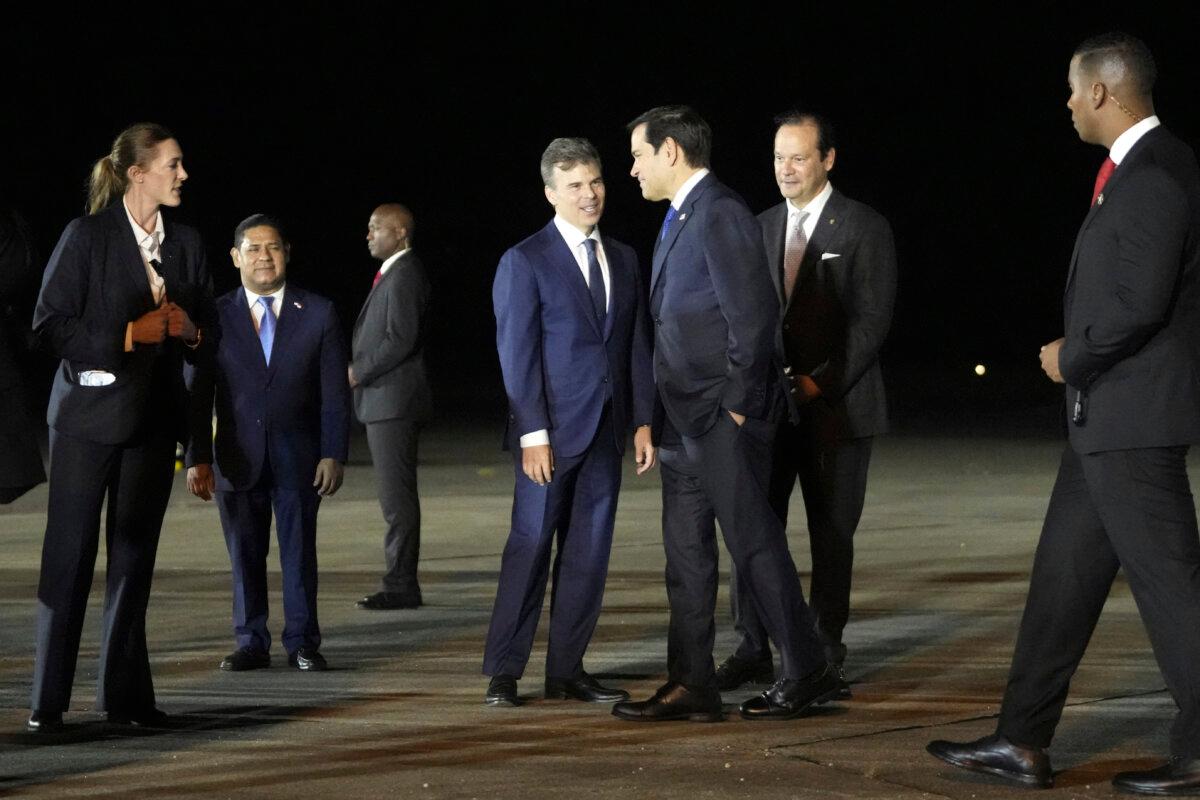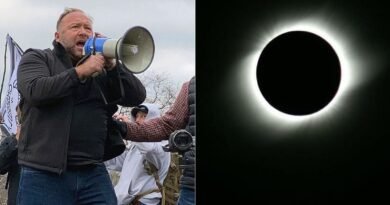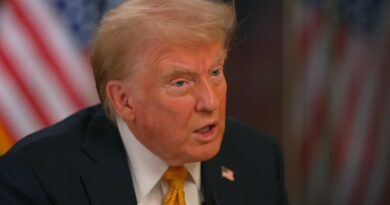Rubio’s Visit to Central America Highlights Panama Canal Negotiations
‘It is not in the national interest of the United States to have a canal we paid for and we built used as leverage and a weapon against us,’ Rubio stated.
U.S. Secretary of State Marco Rubio began his journey to Latin America, arriving in Panama on Saturday, concentrating on the Panama Canal and the increasing influence of China in the region.
Rubio is anticipated to address the United States’ stake in the vital waterway linking the Caribbean Sea and the Pacific Ocean. The president has hinted at reclaiming control over the canal, pointing to the threat posed by Chinese dominance in the area.
“One of their significant investments involves two port facilities on either side of the canal, along with various infrastructure and cranes,” Rubio remarked.
He noted that while the company involved is headquartered in Hong Kong, it ultimately operates under the control of the Chinese government.
“If the Chinese government were to order them to shut down the Panama Canal during a conflict, they would be compelled to comply. I have no doubt they already have plans in place for such scenarios. This represents a direct threat. Legally it’s one thing, but in practice, if China chose to obstruct traffic in the Panama Canal, they certainly could do so. That’s a fact,” he asserted.
This situation contradicts the Panama Treaty agreement established with the United States.
“This dynamic cannot persist—not just because we built it at considerable cost in lives and resources, but because it fundamentally contradicts our national interest. It is not in the national interest of the United States to have a canal we paid for and constructed utilized as leverage or a weapon against us. This must not happen,” Rubio emphasized.
“It’s impossible; I cannot negotiate,” he remarked. “That matter is settled. The canal belongs to Panama.”
Therefore, any disturbances in shipping through the canal could critically harm the United States. The canal was ceded to Panama by President Jimmy Carter through a treaty forged in 1977.
The agreement comprises two treaties—the Neutrality Treaty and the Panama Canal Treaty. The Neutrality Treaty affirms that the United States has the right to employ military force to safeguard the canal from any threats against its neutrality.

U.S. Secretary of State Marco Rubio (3rd-R) greets Panamanian Foreign Minister Javier Martínez-Acha (2nd R) and John Barrett, Chargé d’affaires (4th R), upon his arrival at the international airport in Panama Pacifico in Panama city on Feb. 1, 2025. Mark Schiefelbein/Pool/AFP via Getty Images
Rubio’s Mission
Aside from addressing the Panama Canal situation, Rubio’s Central America visit also aims to “promote regional collaboration on our mutual interests: halting illegal and large-scale migration, combating transnational criminal organizations and drug trafficking, countering Chinese influence, and enhancing economic partnerships for prosperity across our hemisphere,” as outlined by the State Department.
This agreement would allow illegal immigrants deported from the United States, who are not accepted back by their home countries, to seek asylum in El Salvador.
“During the first Trump administration, El Salvador was among the three nations with which the United States had a ‘safe third’ agreement,” Claver-Carone stated.
This initiative is part of the Trump administration’s broader strategy to curb illegal immigration into the United States.




